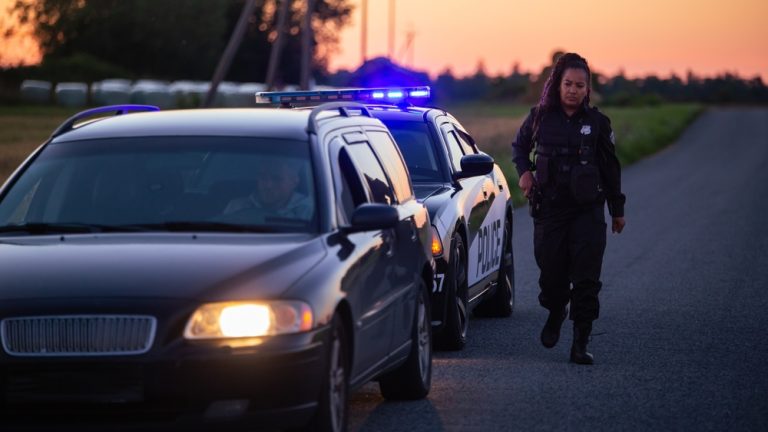New Federal Rules 26(a)(2)(c) Helps Defense With Hybrid Witnesses
New Federal Rules 26(a)(2)(c) Helps Defense With Hybrid Witnesses
Oftentimes, defense counsel are faced with a dilemma in their pre-trial preparations where the Plaintiff discloses various treating physicians but fails to include a report containing a summary of their opinions. Prior to 2010, the Defendant could try to prohibit said expert from testifying regarding opinions and causation, but was left with the undesirable option of preparing for trial without knowing the full scope of the treating physician’s opinion. The Federal Rules of Civil Procedure Rule 26 has long required disclosures and reports of expert witnesses. Similarly, the Rules have long held that fact witnesses are not required to provide Expert Witness disclosures. However, frustratingly for most defense counsel, the Federal Rules until recently have not defined the disclosure requirements for “hybrid” witnesses such as treating physicians. Since the doctors were not specifically retained or employed to provide expert testimony, a written report required by Rule 26(a)(2)(B) was not required.
The Federal Rules of Civil Procedure were amended in 2010 to create a rule specifically designed to require certain disclosure by so-called “hybrid” witnesses, or those witnesses who provide both fact testimony and opinion testimony based upon their scientific, technical, or other specialized knowledge within the scope of the Federal Rules of Evidence[1]. Specifically, Federal Rule of Civil Procedure 26(a)(2) was amended “to mandate summary disclosures of the opinions to be offered by expert witnesses who are not required to provide reports under Rule 26(a)(2)(b).” Fed.R.Civ.P. 26(a)(2)(C) 2010 Amendments Committee Notes. “Frequent examples [of witnesses not required to submit a report under 26(a)(2)(B)] include physicians or other healthcare professionals and employees of a party who do not regularly provide expert testimony. Parties must identify such witnesses under Rule 26(a)(2)(A) and provide the disclosure required under Rule 26(a)(2)(C).” Id.
Federal Rule of Civil Procedure 26(a)(2)(C)(2010) states:
Witnesses Who Do Not Provide a Written Report: Unless otherwise stipulated or ordered by the Court, if a witness is not required to provide a written report, the disclosure must state:
(i) the subject matter on which the witness is expected to present evidence under Federal Rule of Evidence 702, 703, or 705; and
(ii) A summary of the facts and opinions to which the witness is expected to testify.
Not only are the parties required to provide a summary of both the facts and opinions on which the treating physician is expected to testify, but the Plaintiff must also make this disclosure with the balance of their Rule 26(a)(2)(A) expert disclosures by the deadline promulgated by Rule 26, or be subject to Rule 37 sanctions. Rule 37 sanctions include striking witnesses for failure to be timely disclosed. (Fed. R. Civ. P. Rule 37 provides that if a party fails to provide information or identify a witness as required by Rule 26(a) or 26(e), the party is not allowed to use that information or witness to supply evidence on a motion, at a hearing, or at a trial, unless the failure is substantially justified.)







